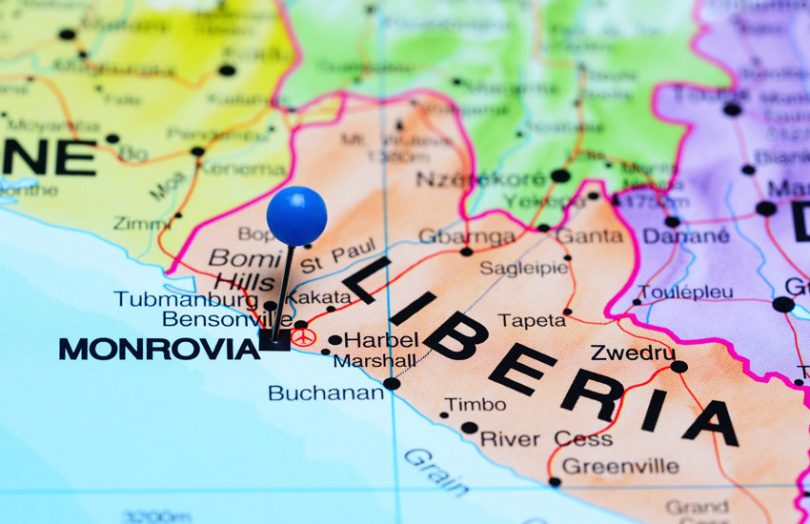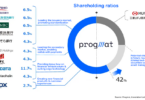Overstock.com’s blockchain subsidiary Medici Land Governance (MLG) launched a land administration pilot project using blockchain in the city of Monrovia, in Liberia. The pilot is a collaboration between the tech company, Liberia’s Land Authority department and the Ministry of Finance and Development Planning.
Lack of clarity in land ownership suppresses economic activity by diminishing investment in real estate and making landowners reluctant to spend on property maintenance.
MLG’s initiatives aim to democratize land ownership, especially in developing countries, by enhancing the efficiency and accuracy of land recognition and recording it using blockchain technology. The company has projects in Africa, Mexico, and other regions for land titling and administration. In Zambia, for example, MLG is in a ten-year collaboration with the government and is expected to issue land titles to millions of landowners in the country.
Liberia’s initiative will initially aim to document the land rights of up to 1000 residential land parcels. The process involves taking high-resolution aerial images of the region and data collection. Hence MLG has been flying drones since January to take pictures of the area, and assembled a team to collect information from landowners and explain the project to residents. The data will then be uploaded into a land administration system developed by MLG.
MLG’s high-resolution aerial image technology is also being used by St. Kitts and Nevis government to track property ownership and value.
The fact that a blockchain’s data cannot be modified or manipulated is generally seen as an advantage. However, data collection and entry into the system are still subject to human error and fraud. While MLG and other similar initiatives ensure the accurate collection of data, auditing should still be a necessary practice in the blockchain land titling industry.
Nevertheless, the solution will likely prompt more economic security in the communities. “Providing a platform to affirm individual land ownership rights is essential to building the critical infrastructure for land governance, and in turn, real economic growth directly benefiting Liberians.” said MLG’s CEO Ali El Husseini.
Meanwhile, various other governments are recognizing the potential of blockchain in land titling. South Africa is piloting a project because it had registered less than two-thirds of the millions of houses built under a 1994 development program. And the UN is working on land registry solutions for urban cities in Afghanistan. Beyond socio-economic welfare, American startup Propy completed trials for real estate transactions on blockchain and the Spanish Association of Registrars is developing a blockchain platform for tourist rentals.






